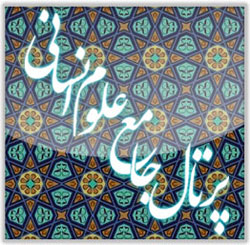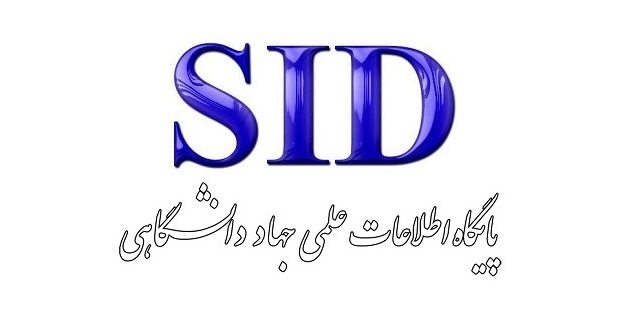A Sociological Approach to the Poetry of Nader Naderpour: Examining the Concepts of Individuality and Society in Modern Persian Poetry
Keywords:
Reza Baraheni, identity, self-realization, identity representation, linguistics, contemporary Persian literatureAbstract
This article aims to conduct a sociological analysis of Nader Naderpour’s poetry, focusing on the concepts of individuality and society in modern Persian poetry. As a prominent contemporary poet, Naderpour employs symbolic language and poetic imagery to illustrate complex interactions between the self and society, reflecting both conflict and coexistence. Utilizing theoretical perspectives from Bourdieu, Lukács, and Bakhtin, this study examines how individual identity and societal influences intertwine in Naderpour’s works. The findings reveal that Naderpour uses specific symbols and themes to portray an identity constantly negotiating with societal pressures. Individuality in his poetry serves as a means of resisting social constraints and seeking self-discovery, while society appears both as a restrictive force and an essential framework for personal growth. This duality enables Naderpour to depict the intricate relationship between the self and society, reflecting his own social and cultural experiences. The sociological significance of this study lies in viewing modern Persian poetry not only as an artistic form but also as a valuable source for understanding contemporary Iranian social and cultural dynamics, highlighting literature’s crucial role in social analysis.













